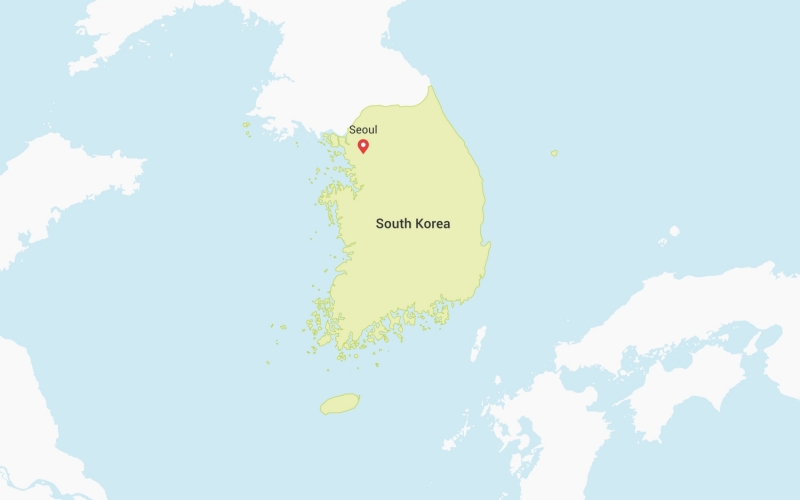
At the end of the Korean War, the Peninsula was divided into two separate states, but the countries remain formally at war. Occasional confrontations occur, ICC opened a preliminary examination into war crimes allegedly committed in South Korea in 2010.
Situation phase:
Preliminary examination – concludedRegions:
Asia-PacificSince the partition of North and South Korea after the Korean War, a tense relationship has existed between the two neighbouring countries on the Korean Peninsula.
The Republic of Korea (RoK) ratified the Rome Statute in 2002, and acceded to the Agreement on Privileges and Immunities in 2006. Domestic legislation on cooperation and complementarity has been enacted. A preliminary examination into the situation into the ROK related to two incidents in the Yellow Sea was closed in 2014 because the ICC prosecutor found did not find evidence of Rome Statute crimes.
